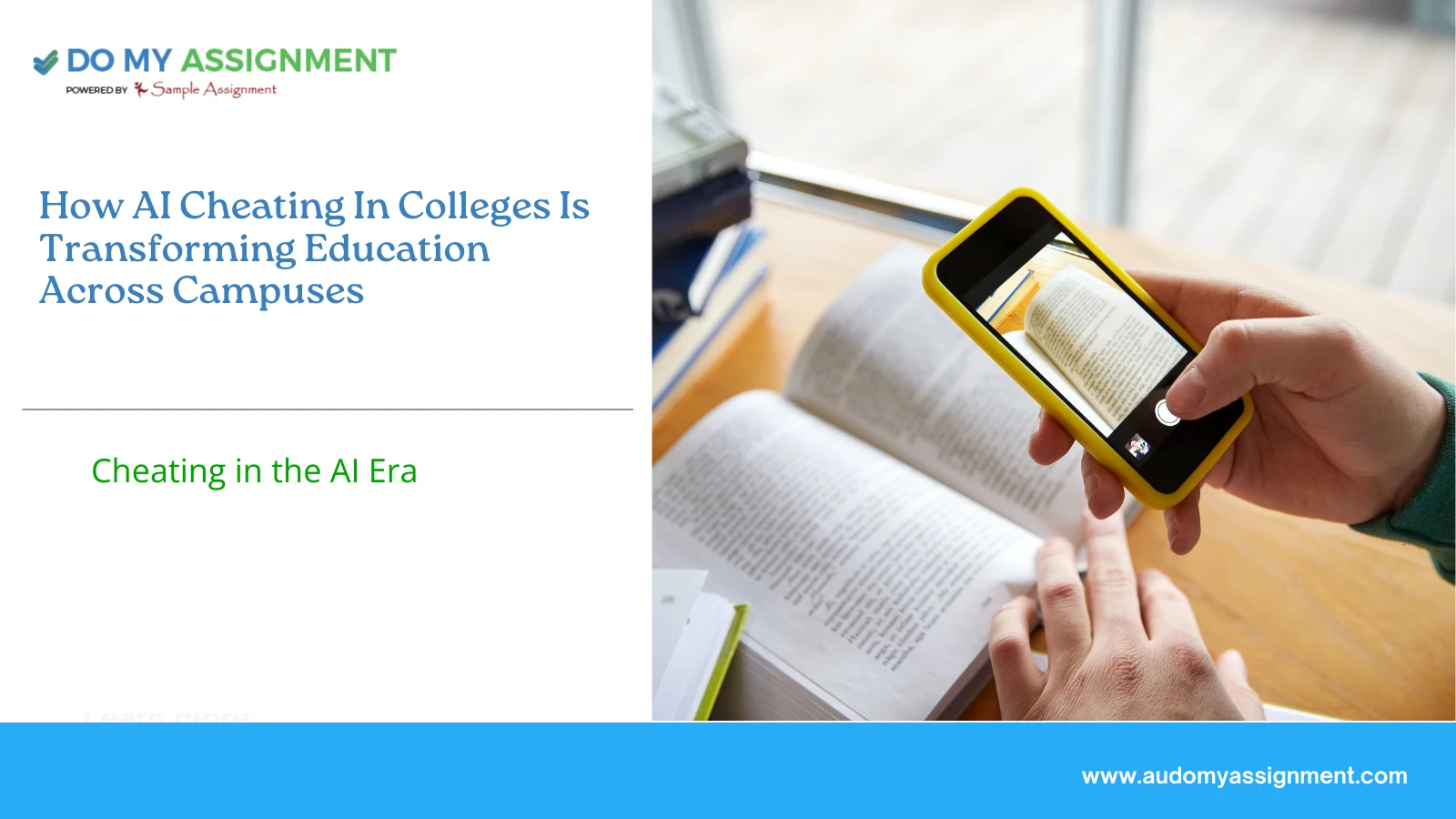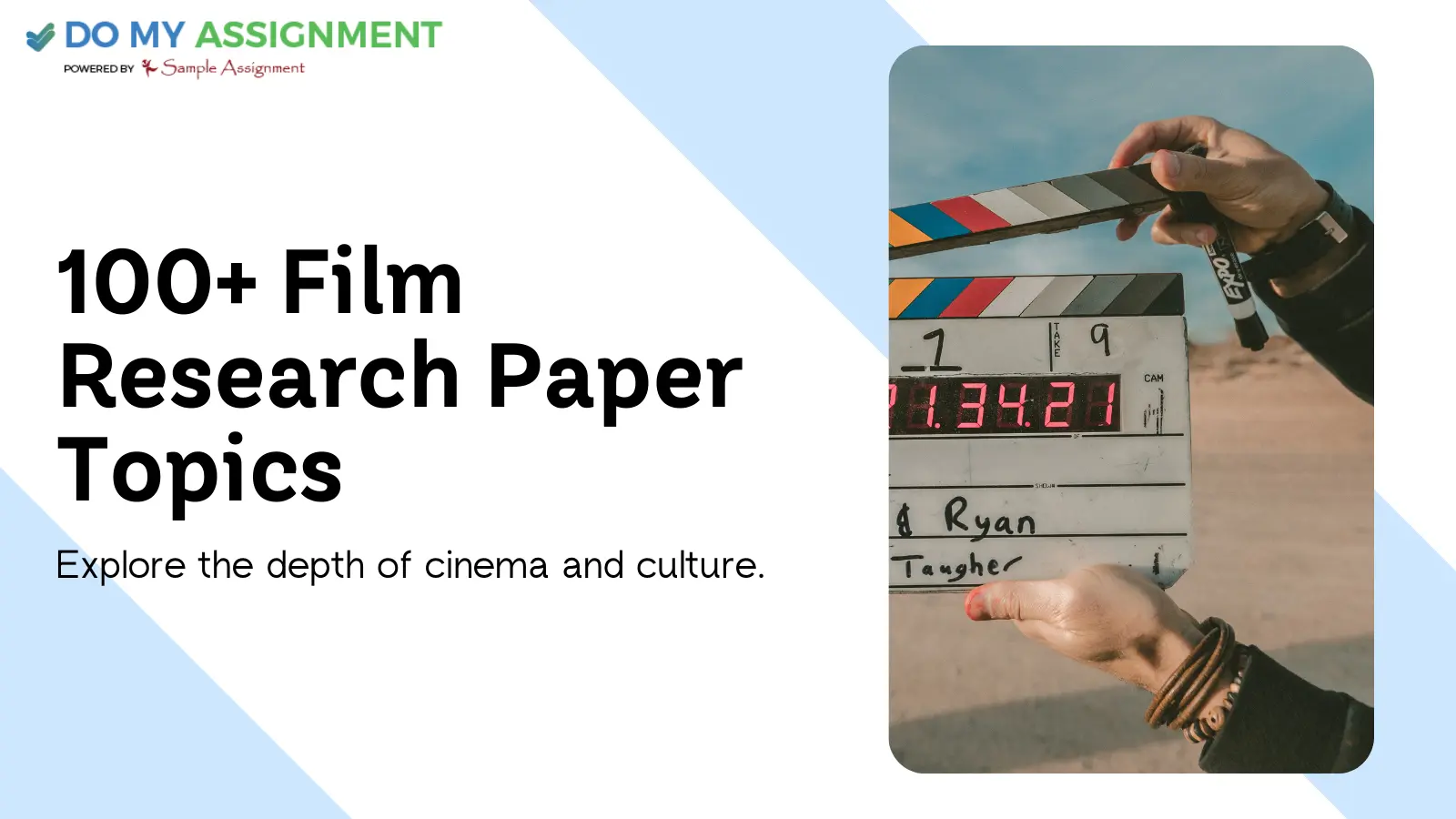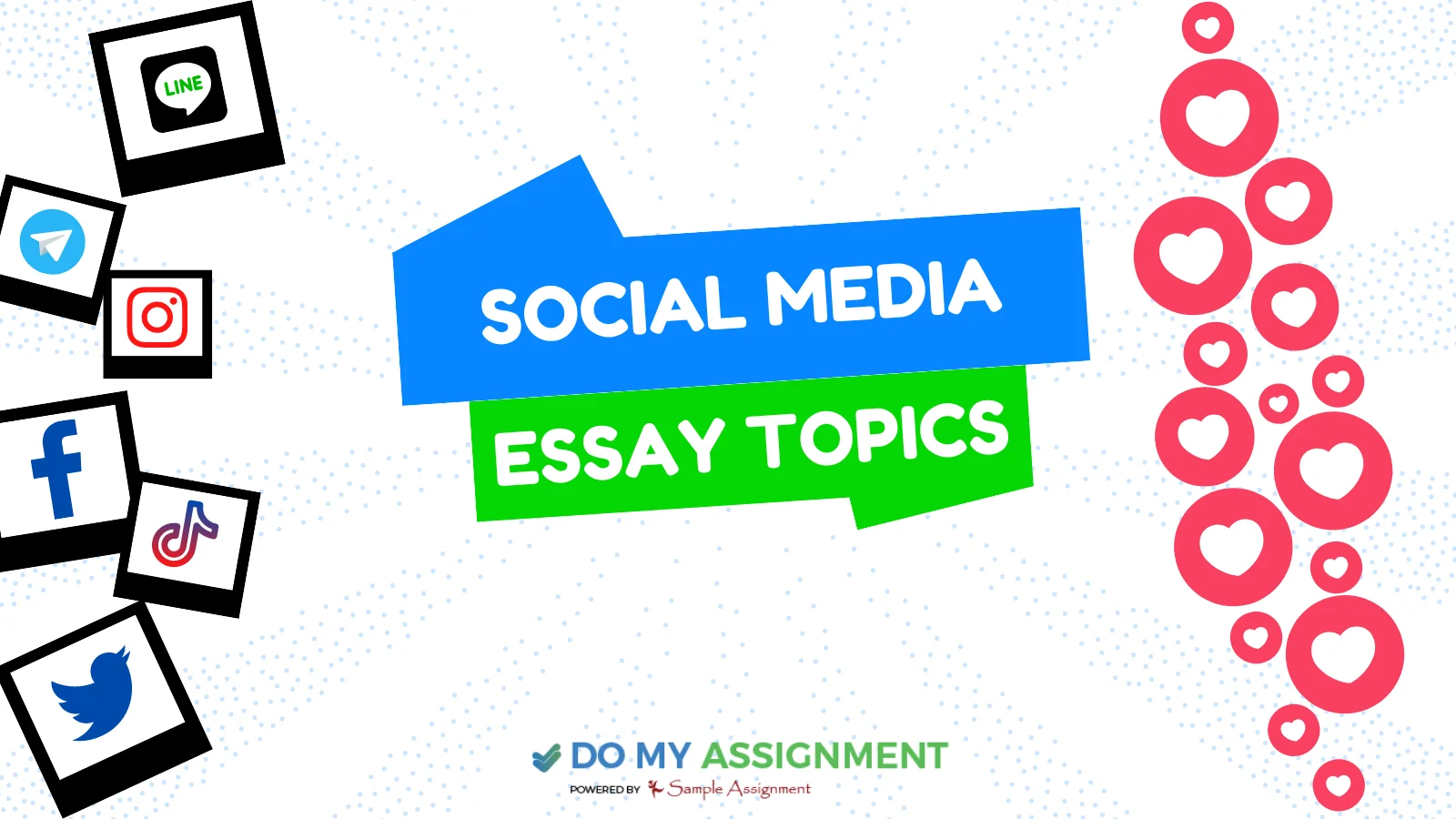How AI Cheating In Colleges Is Transforming Education Across Campuses

Highlights
Do you remember a time when AI sounded like a distant possibility? However, as you can see now, it is no longer a distant possibility, nor is it a thing we’re likely to see in the near future. It has thoroughly permeated modern society in an unprecedented manner. Unfortunately, one of the most expected consequences of the rise of AI is the rise of AI cheating in colleges. Students have been using AI for the smallest of tasks these days, ranging from writing applications to writing entire assignments. As you can already imagine, this has made grading and evaluation much more difficult for teachers. The rise of generative AI in academia has also led to several ethical concerns being raised regarding academic integrity. In this blog, we will learn about the rise of AI cheating in colleges and see how that affects a student’s own educational growth.
The Rise of AI In Education and Academia
The word used to describe the rise of AI in education is ‘sudden’; however, the development of AI was not exactly sudden or abrupt. In case you didn’t already know, AI has been used in education for decades. AI was a theoretical tool that was used in specialized coding classes or research labs for a long time, and it’s still used to this day. However, the role of AI in education experienced a massive shift in 2022, when LLMs (large language models) became mainstream.
LLMs like ChatGPT made it significantly easier for students to produce near-flawless academic writing without taking too much effort from the students themselves. There are many reasons why AI has seeped into the fabric of education so deeply in Australia and abroad. We’re sure you understand why they have gained popularity; after all, the accessibility of LLMs and their polished writing capabilities seemed very lucrative to students who wanted an easy way out of assignment writing.
Understanding AI Cheating in College
Before we take a look at the consequences of using AI for your work, it is important to understand the basics of AI: ChatGPT and academic cheating. There are three levels of AI cheating that we know of, and we will take a look at each of them and try to see the reasoning behind students using AI cheating in colleges.
As a Smart Editor
This is the safest way to use AI for your assignments. In this level, students write a draft of the content themselves and use AI to polish the draft by eliminating errors and improving writing. On one hand, it is one of the safer ways to use AI in education, but on the other hand, it can still impede your ability to edit your work more efficiently, which is a core component of the academic writing process.
Co-Pilot
In this method, the student feeds the assignment prompt to the AI and lets it generate the core outline, topic sentences, and supporting arguments. Students often manually fill in details, add citations, and attempt to make some changes in the writing to avoid AI plagiarism detection. Still, this is an unsafe tactic, as teachers can detect when a paper is AI-generated even without AI detection software.
AI as a Ghostwriter
This is textbook academic fraud. In this level, students enter the assignment’s rubric and guidelines into the LLM and click ‘generate.’ They might even submit the paper without making any changes. This is the most obvious example as to why academic integrity and AI can never go hand in hand, As getting a degree after submitting a fraudulent assignment makes the degree meaningless.
How Does AI Detection in Education Work?
Most universities were unprepared for the arrival of LLMs like ChatGPT and Gemini; however, it didn’t take them long to prepare themselves. Nowadays, it is hard to get away with using AI in your assignments thanks to AI plagiarism detection software like Turnitin and QuillBot. Let us look at the process of how AI detection in education works.
Perplexity
Perplexity is a test used by AI detection tools to check the variation in vocabulary of a particular piece of content. Human-written papers have greater perplexity, as we tend to use varied words and sentence structures. On the other hand, ChatGPT and academic cheating tools use very standardized and repetitive vocabulary patterns.
Burstiness
Burstiness refers to the variation in sentence length and structure. Human text shows high burstiness, as we often use both short and long sentences variably. AI text, on the other hand, uses similarly sized sentences all the time. This makes AI detection in education much easier.
Strong Writing Fallacy
Now that we have taken a look at how AI detection tools spot AI writing, there are things you need to keep in mind as well. Some students, who are really good writers, will find that their own content is often flagged as being AI-generated. That’s because their writing style is very similar to that of generative AI in academia.
Paraphrasing Loophole
Also, it is actually pretty easy to exploit the loopholes of AI detection by using simple paraphrasing. If you use a paraphrasing/humanizer tool to humanize an entirely AI-generated text, you might notice that AI plagiarism detection tools will show a 0% confidence level that the text is AI-generated.
Institutional Responses to AI Cheating in Colleges
Universities won’t stay silent on AI, and they haven’t been since LLMs became mainstream. There are many ways in which institutions have responded to the growing prominence of AI in academic writing, which is rarely ever fair use. Here are some of the ways colleges and universities have responded to the gravity of AI’s impact on higher education.
Assessment Redesign
Probably the most common response to AI cheating in colleges, many universities have decided to completely redesign assessments. What they do is give students a task that only a human could reliably do. These tasks include components like personal experience, critical defense, and real-world applications. This is also why so many colleges have given more importance to oral and practical assignments as of late.
Revising Academic Integrity Policies
Most colleges in Australia have updated their honor codes that explicitly mention generative AI and its impact on education. As we have discussed, the line between academic integrity and AI cheating can be easily blurred, which is why colleges have remodelled their policies to weed out AI content more effectively.
Faculty Training and Professional Development
Lastly, universities have tried to upskill the professors themselves as they will now be able to filter out potentially AI-generated assignments by themselves. It's their new responsibility to teach students how to use AI responsibly but not overstep their boundaries. They also need to explain how AI essay writing tools do more harm than good in the long run.
Consequences of AI Cheating in Colleges
There is one thing many students fail to realize, and that is the consequences of their actions catching up to them. Using AI to cheat on your assignments is something that carries very hefty penalties, and students get caught for using AI all the time. Here are some of the consequences of AI cheating that students end up facing if they use AI in their work blatantly.
Erosion of Learning Skills
You must have heard this exact statement countless times. Perhaps the biggest drawback associated with AI cheating in colleges is that you end up learning nothing and gaining no skills. Sure, you might submit an AI-generated assignment and get away with it, but you don’t end up learning anything new.
Loss of Trust and Academic Integrity
This is likely one of the most serious consequences of AI cheating. Once you are flagged as ‘the guy who submitted an AI-generated assignment,’ there is no going back. Your papers will forever be considered dubious and untrustworthy just because you used unfair means once.
Impact on the Professional World
As stated earlier, Australia is a country where your research and academic skills can take you anywhere. However, cheating in research can also cause everything to go downhill. Don’t just think about AI’s impact on higher education; think about the effects it can have on your career in the future.
Future Implications of AI in Education
There isn’t anything that can be done to stop AI from progressing; however, there are some serious implications that AI’s growth will have on education. Whether you support the rise of AI or not, one thing’s for certain: it will persist. Let us look at some of the most notable implications of the rise of generative AI in academia.
The Death of the Traditional Essay
Because of how prominent AI has become, you can say that traditional essays will soon fade into obscurity. For example, writing a management case study essay is no big deal anymore, as anyone can do that with a few simple prompts. Although you can still get academically honest management assignment help online on the internet.
AI as a Mandatory Partner in the Curriculum
It is still an issue that is being debated, but it is likely that AI will soon become widely accepted as a mandatory partner in learning. Granted, institutions will not allow AI to take full control of students by entirely generating their work, but more leeway will be given regarding the use of generative AI in academia.
Shifting the Focus from Knowledge Acquisition to Knowledge Curation
Because AI can find information from just about anywhere, the core objective of assignments will soon evolve from knowledge acquisition to knowledge curation. Professors will no longer ask, ‘What happened?’; instead, they will ask, ‘Why did it happen?’ Also, keep in mind that AI detection in education will become even more rigorous once that shift has been finalized.
Conclusion
All that’s left to say about AI cheating in colleges is that it is inevitable, considering how mainstream AI has become recently. On one hand, there are steps being taken to curb the use of AI essay writing tools; on the other hand, more and more students are resorting to AI as an easy way to overcome the difficulties of academic writing. However, there is a way you can make academic writing easier for yourself without having to use AI and lose marks for submitting an AI-generated essay. You can simply get assignment help from Do My Assignment, and our experts will give you a plagiarism-free and AI-free assignment at prices so low that you won’t believe them!
Nick Johnson
Nick is a multi-faceted individual with diverse interests. I love teaching young students through coaching or writing who always gathered praise for a sharp calculative mind. I own a positive outlook towards life and also give motivational speeches for young kids and college students.








